Lucio N. Gordan, MD Uncovers Gaps in CAR T-Cell Therapy Access
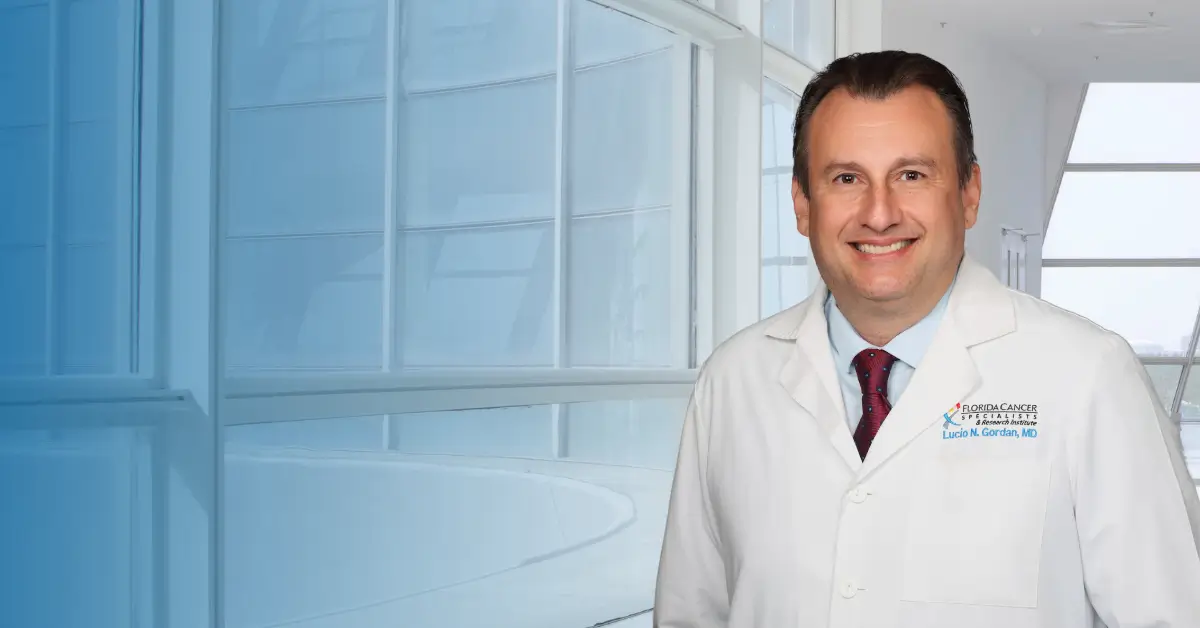
Lucio N. Gordan, MD Uncovers Gaps in CAR T-Cell Therapy Access
Florida Cancer Specialists & Research Institute President & Managing Physician Highlights Barriers at Mayo Clinic 34th Annual Review
Fort Myers, Fla., August 4, 2025 – Florida Cancer Specialists & Research Institute, LLC (FCS) President & Managing Physician Lucio N. Gordan, MD addressed the persistent inequities in CAR T-cell therapy access during the 34th Annual Review, a national oncology forum at Mayo Clinic. Despite the curative potential of CAR T-cell therapy for certain hematologic malignancies, this life-saving treatment remains out of reach for many patients, particularly those treated in community settings, who experience multifaceted barriers.
Throughout the discussion, Dr. Gordan outlined several key challenges, financial hurdles being the top of the list. The cost of therapy, ranging from $373,000 to $475,000 per dose, not including hospitalization and toxicity management, places immense strain on patients and providers alike. Insurance authorization delays often worsen the situation, leading to clinical deterioration while patients wait. For rural patients, travel burdens are particularly acute, with some required to temporarily relocate near certified centers, incurring substantial housing and transportation expenses. These barriers disproportionately affect veterans, minority populations, and socioeconomically disadvantaged patients. Studies show that only 20% of eligible patients ultimately receive CAR T-cell therapy.
Logistical complexities and systemic gaps further limit access. Manufacturing delays, or “vein-to-vein” time, can result in disease progression. Strict caregiver requirements—often demanding 24/7 support—exclude many patients without strong support networks. Misconceptions around eligibility and toxicity, especially in outpatient settings, also contribute to under-referral from community oncologists.
Promising solutions are already beginning to take shape. Remote monitoring through wearables and telehealth can reduce inpatient requirements. Decentralized manufacturing may significantly lower both cost and wait times. National initiatives, such as standardized referral programs and targeted provider education, are improving awareness and coordination between practices.
“Democratizing access to CAR T-cell therapy requires payer reform, broader outpatient protocols, and practical education for community oncologists,” said Dr. Gordan “We have the tools to close the gap—but only if we work across systems to apply them.”
As a physician-led practice dedicated to advancing patient-centered cancer care, FCS remains committed to breaking down barriers to innovative therapies and bringing advanced treatment options closer to home.

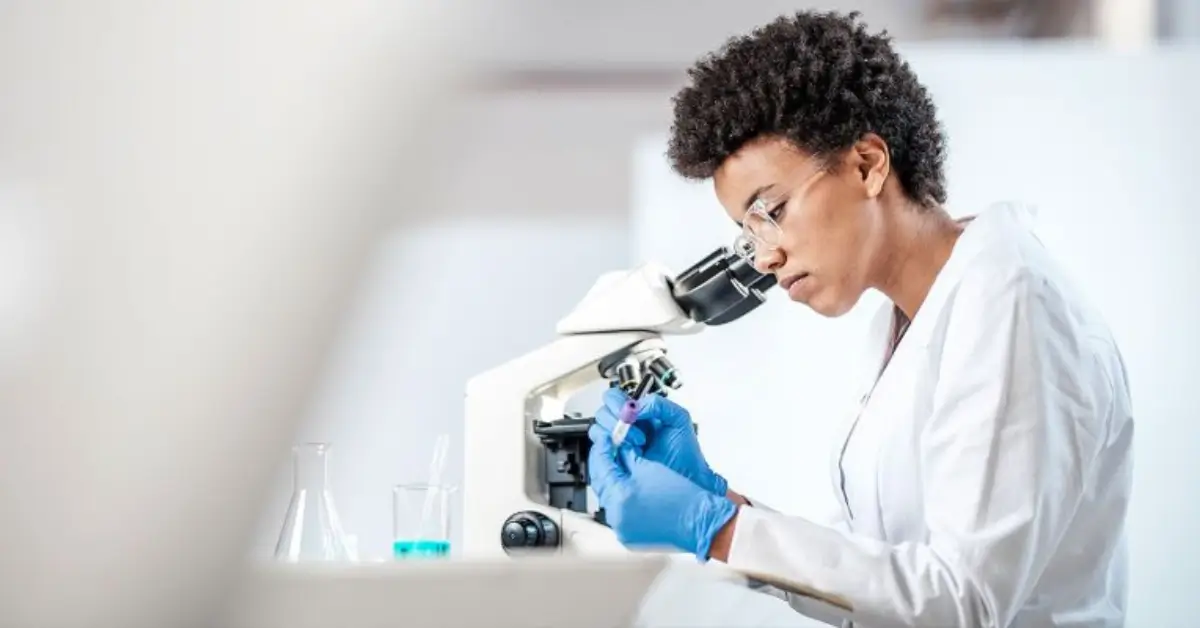
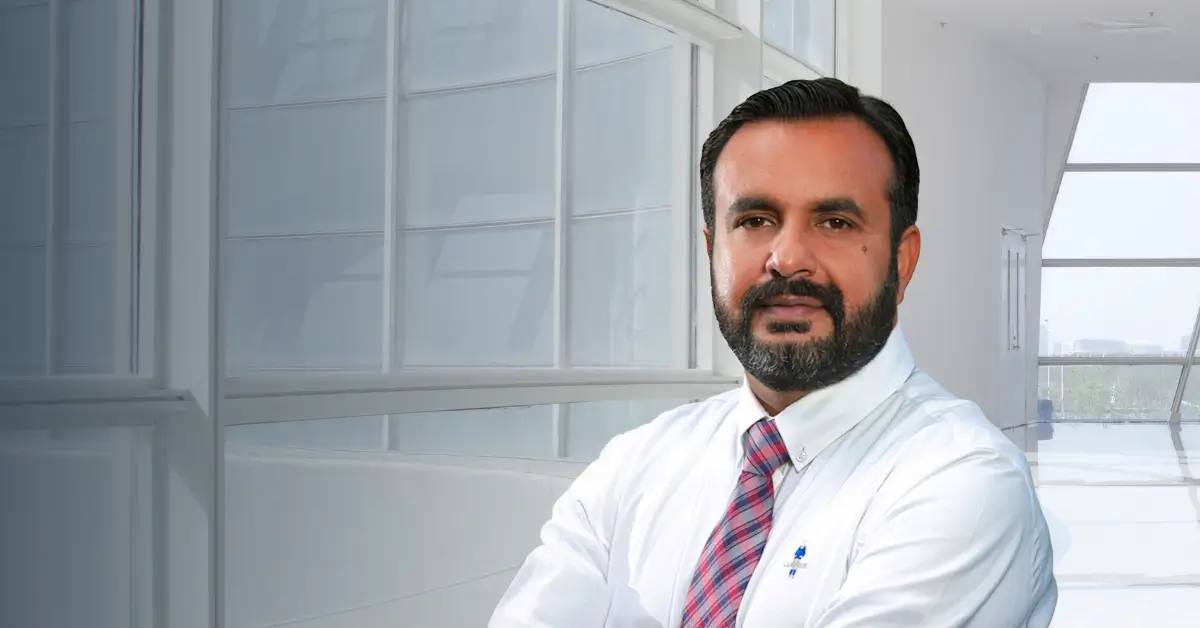
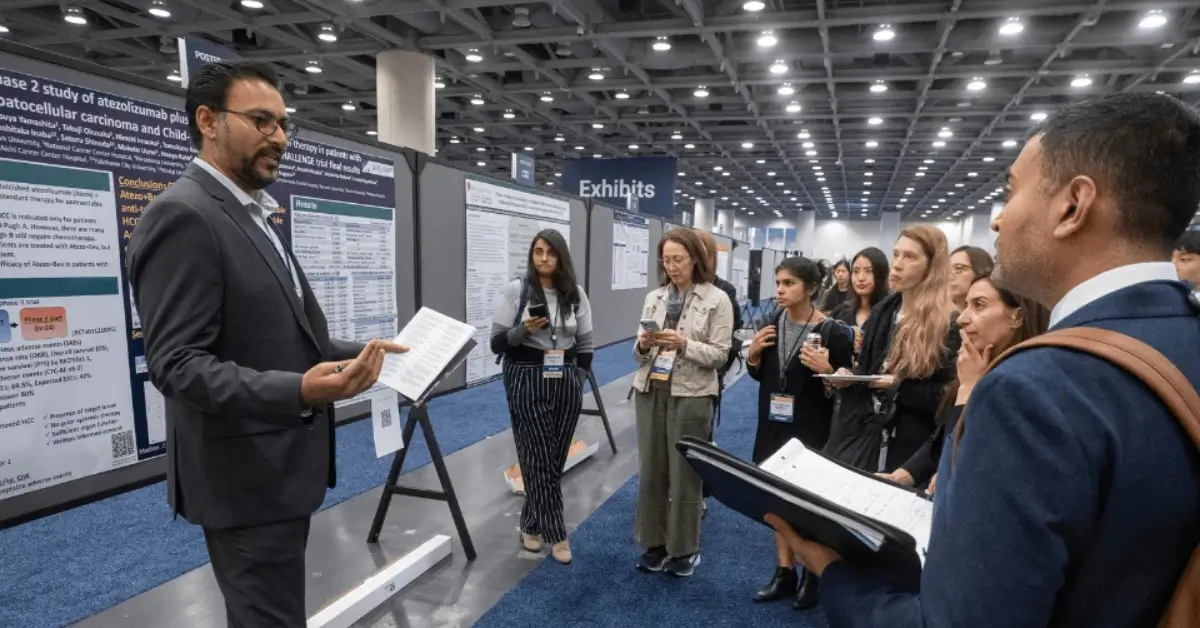
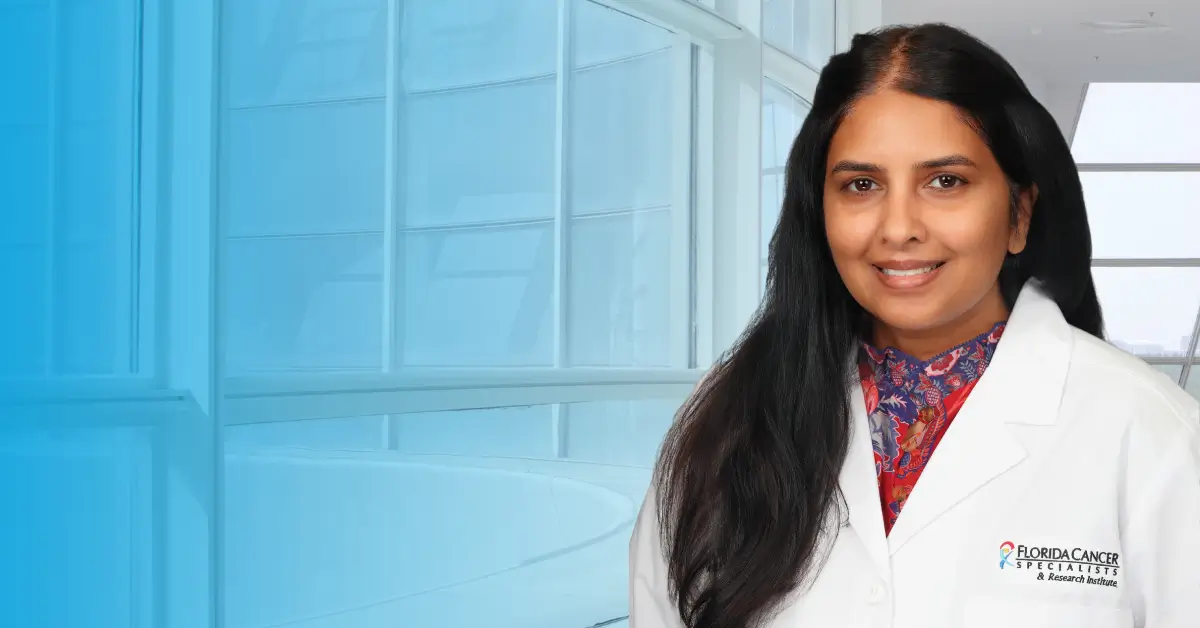
Comments